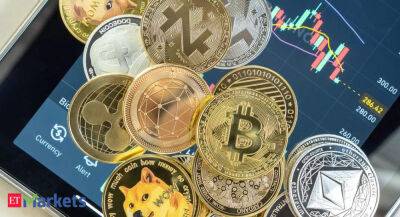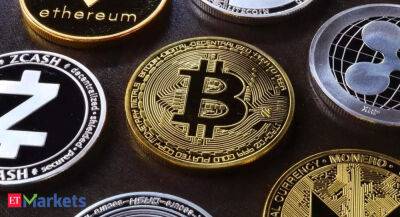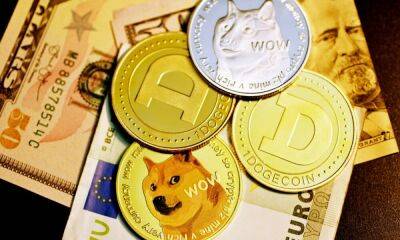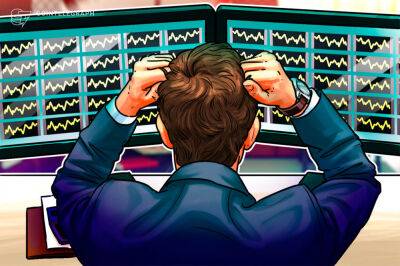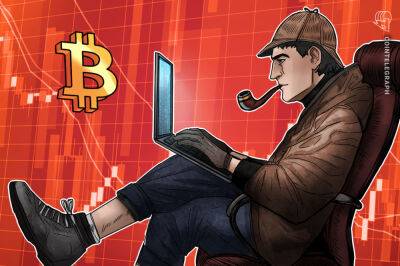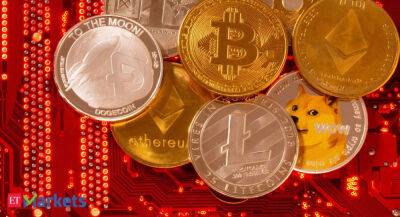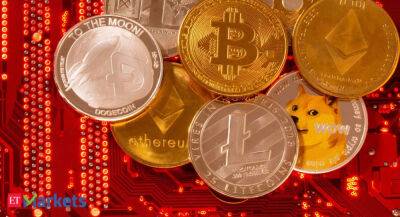Explained | Inflationary and deflationary cryptocurrencies
Inflation refers to an increase in the price of goods and services. This happens when too much currency is in circulation, causing money to lose its value. On the other hand, deflation refers to an increase in the value of a currency and a corresponding dip in the price of goods and services.
Deflation is usually caused by a decrease in the supply of the currency.Some inflation is good — it keeps the economy growing by encouraging people to spend more. However, it becomes an issue when the prices rise faster than our salaries. Currently, inflation is rising at alarming rates.
In the US, inflation surged to 8.5 percent in March, touching a four-decade high. In India, wholesale price inflation (WPI) came in at 14.5 percent, the second-highest since 2012.It has caused several individuals to invest in cryptocurrencies, which are being touted as a hedge against inflation. Many of these cryptos have appreciated significantly in value over the last couple of years.
With good returns, the value of your investment increases over time, helping you effectively combat the rising prices caused due to inflation.Also Read:What is Dune Analytics, and how can it help investors?However, even cryptocurrencies can be inflationary and deflationary in nature. Some have an unlimited supply of tokens, making them inflationary while others have fixed number of tokens in circulation, making them deflationary.Inflationary cryptosA cryptocurrency is inflationary when the number of its tokens in circulation is on the rise. New tokens are introduced to the network through mining, staking, etc.
Read more on cnbctv18.com

